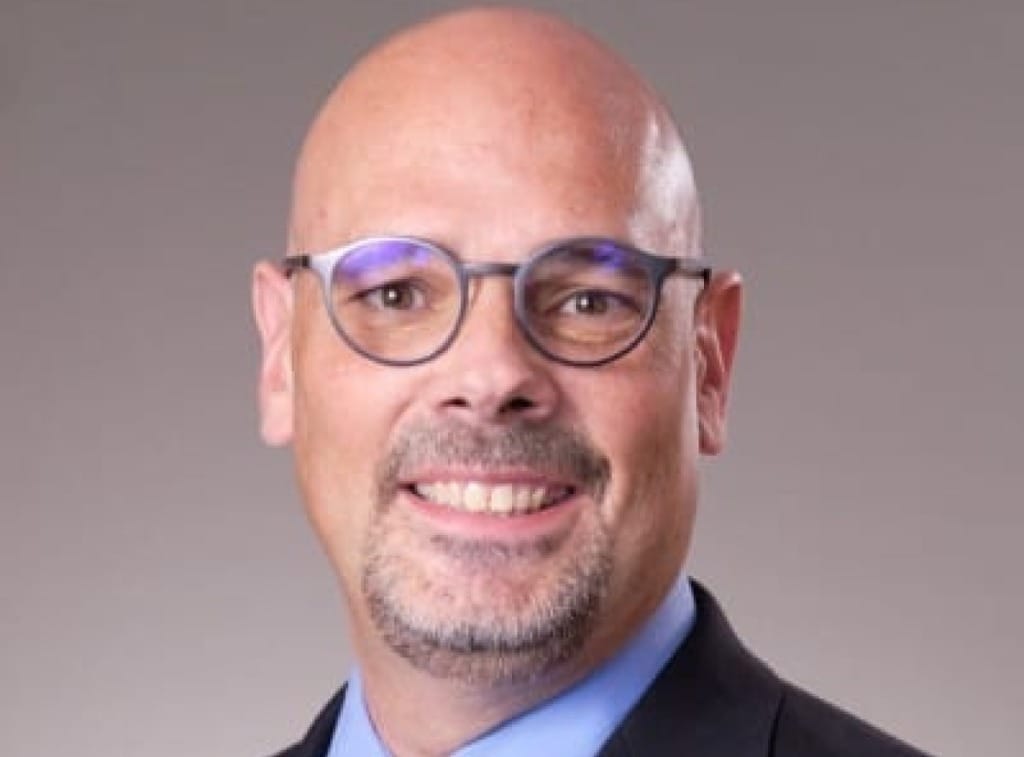
Maine
A Maine Community College is adopting the FBA’s certification program to address expanding need following federal grants.

 Photo of Todd Jackson, director of workforce development at FBA
Photo of Todd Jackson, director of workforce development at FBA
Jul 1, 2024— Central Maine Community College joined the Fiber Broadband Association’s Optical Telecom Installer Certification program the association announced on Thursday.
This program works to combat the workforce shortage for fiber broadband deployment. It will train skilled fiber technicians and lead graduates into long-term careers. The program aims to put employers hand-in-hand with schools to ensure a steady supply of certified technicians, as well as to reskill and upskill existing employees, said the FBA.
Despite recent federal grants through the Capital Projects Fund, the American Rescue Plan Act, Broadband Infrastructure Program and the Broadband, Equity, Access and Deployment program, Maine is unable to start many of its projects due to the shortage of workers in the state, it claimed.
“Maine will utilize the $272 million in federal funding from the National Telecommunications and Information Administration Broadband Equity Access and Deployment program to expand broadband,” said Todd Jackson, director of workforce development at FBA. “The first step in this process is to ensure that they have qualified fiber technicians to start these builds.”
The OpTIC Fiber Optic Technician Certification course covers how to properly install, test, and maintain fiber networks to a wide variety of termination points. The course also trains students how to splice, terminate, test, and commission fiber optic cables.
The Harold Alfond Center for the Advancement of Maine’s Workforce, an organization that provides skills training through community colleges, is working with CMCC to help facilitate the fiber program. After the 4 weeks of training, “graduates are prepared to enter the field ready to work.” said Dwayne Conway, dean of workforce and professional development at the Central Maine Community College.
Conway added that the program will “put graduates at the top of candidate lists and save potential employers training time and cost. As a result, our state’s fiber broadband networks can be built more efficiently.”
“FBA’s OpTIC Path program will be crucial to help us combat the local broadband workforce shortage,” added Dan Belyea, chief workforce development officer at the Harold Alfond Center. “Our goal is to speed the delivery of critical training, implement short-term workforce training programs for Maine’s community colleges, and work closely with business leaders and workforce stakeholders throughout the state.”
FBA is currently working with 40 states and territories to roll out its OpTIC Path program in partnership with 44 ISPs and 70 community colleges.
Recent efforts to curb the growing workforce demand have included apprenticeship programs in schools and prisons in order to increase technicians with the right training and skills.
Technical and worker shortages have been flagged by government officials, including Commerce Secretary Gina Raimondo, as a key area of concern for broadband builds.


